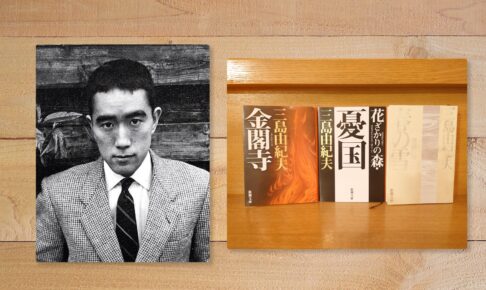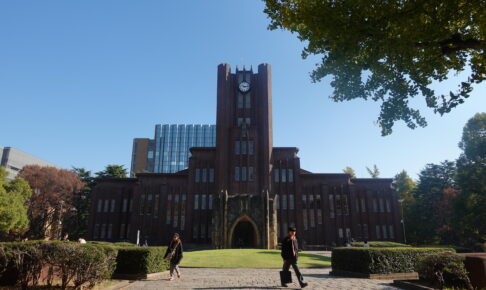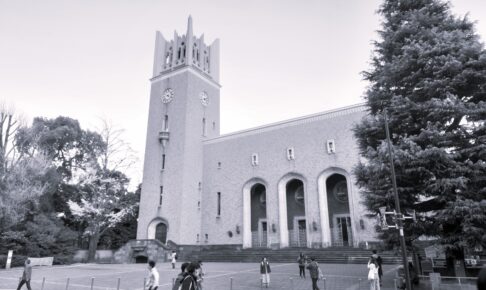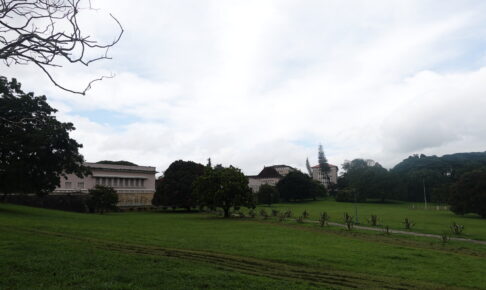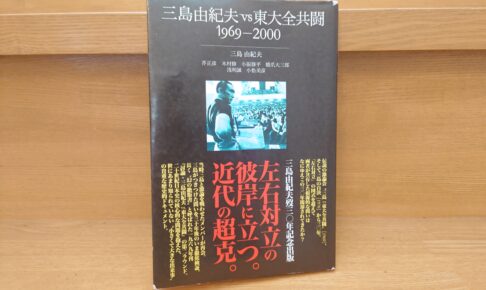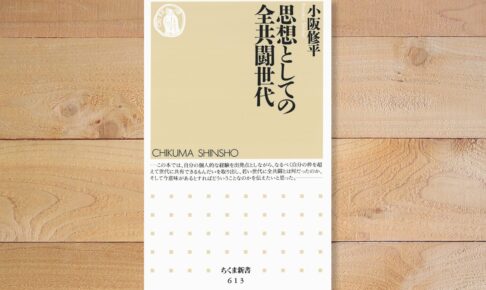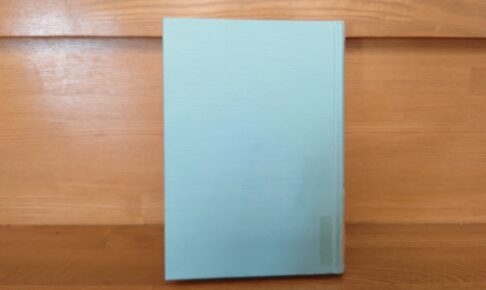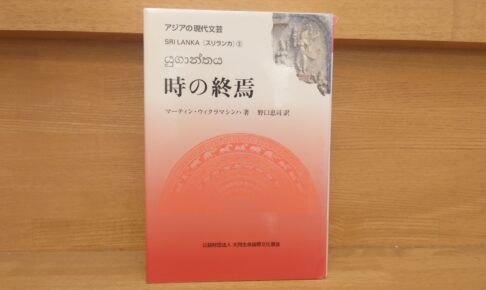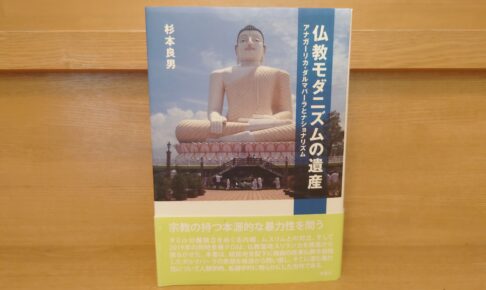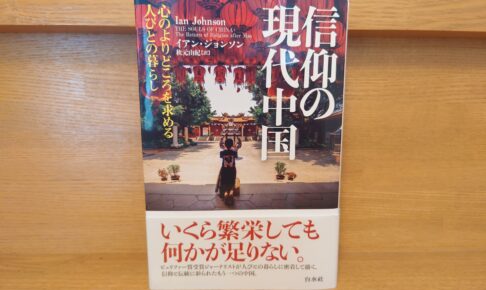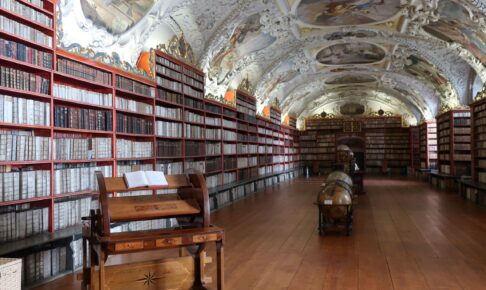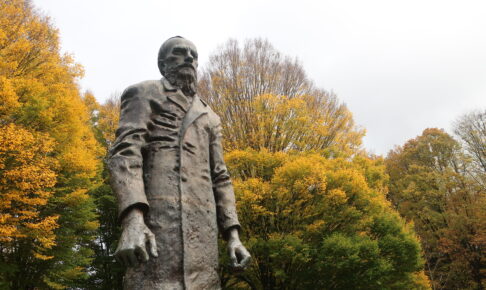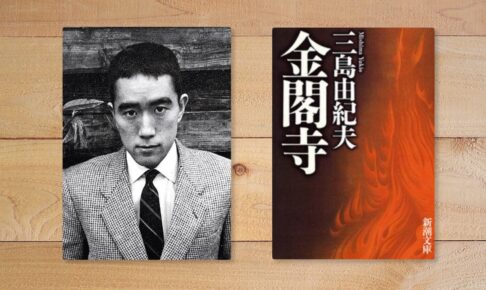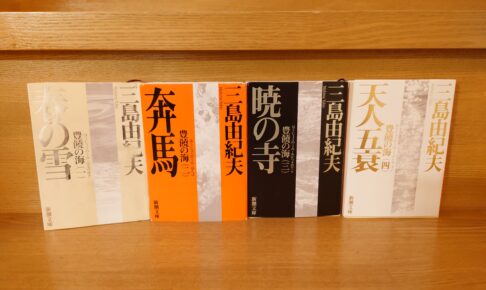List of 15 recommended works of Yukio Mishima and commentaries - Interesting works of Yukio Mishima, one of Japan's most famous writers, and his epic life.
This article will introduce recommended works and commentaries by Yukio Mishima.
It was my blessing to have met the extraordinary giant that is Yukio Mishima.
Mishima literature may seem obscure, but if you start with a solid introduction, you will be able to enjoy its charms more than enough. It is truly the black magic of Mishima literature. I highly recommend this author.












